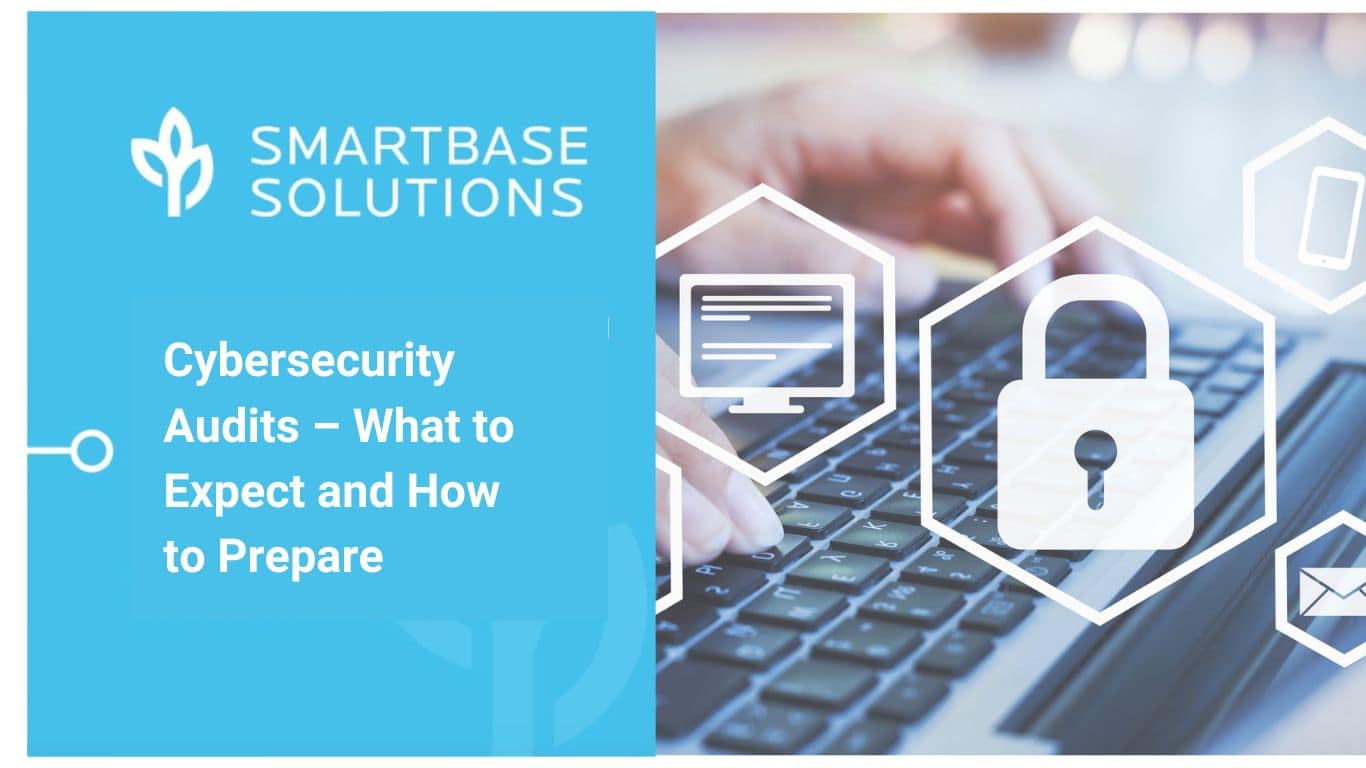In today’s threat-heavy digital landscape, cybersecurity audits are no longer a luxury—they’re a necessity. Especially for industries like healthcare, finance, and government, a cybersecurity audit is often the first step toward compliance, improved risk management, and peace of mind.
Whether you’re preparing for a third-party assessment or conducting an internal review, here’s what you need to know to make the most of your cybersecurity audit—and avoid costly surprises.
Why Cybersecurity Audits Matter
Cyberattacks are growing more frequent—and more expensive. According to IBM, the average cost of a data breach in 2024 reached $4.45 million, with healthcare breaches topping the charts. Regulators have responded by tightening compliance requirements across the board.
A cybersecurity audit gives you a clear picture of:
- Where your organization stands today
- What risks are most urgent
- What steps to take next to stay protected and compliant
At SmartBase Solutions, we work with businesses in high-security industries every day to simplify the audit process, secure their environments, and reduce risk long term.
What to Expect During a Cybersecurity Audit
Cybersecurity audits vary depending on the regulatory frameworks you’re working within (HIPAA, HITRUST, SOC 2, etc.), but most follow a similar structure:
1. Scoping and Planning
The auditor will identify:
- Which systems, departments, or locations are in scope
- What frameworks or standards apply
- Any compliance deadlines or business priorities
Tip from SmartBase: We recommend conducting a pre-audit assessment internally to identify red flags early and address low-hanging issues before the formal review begins.
2. Documentation Review
Expect to provide:
- Security policies and procedures
- Access control and incident response documentation
- Evidence of staff training, system logs, backup protocols, and more
This is where documentation gaps often surface—and can delay your audit if unaddressed.
3. Technical Assessment
Auditors will evaluate:
- Network configurations
- Endpoint protections
- Firewall rules
- Encryption practices
- Patch management processes
Many audits also include penetration testing or vulnerability scanning to validate the real-world strength of your defenses.
4. Interviews and Walkthroughs
Auditors may speak with IT staff, HR, or compliance officers to confirm whether policies are followed in practice—not just on paper.
5. Findings Report and Recommendations
The final deliverable typically includes:
- A risk rating by category (e.g., high, medium, low)
- Specific gaps or non-compliant areas
- Recommendations for remediation
- Timeline suggestions or compliance implications
How to Prepare for a Cybersecurity Audit
Getting audit-ready doesn’t have to feel overwhelming. Here’s how to take control of the process before your auditors arrive:
1. Conduct a Gap Analysis
Assess your organization against applicable standards (e.g., HIPAA, HITRUST, NIST) and document any deficiencies. SmartBase can support this process with pre-audit security assessments tailored to your industry.
2. Organize Documentation
Ensure you have easy access to:
- Security policies and update logs
- Incident response plans and history
- User access control logs
- Backup and recovery testing reports
Lack of documentation is a top reason audits get delayed or fail.
3. Involve the Right People
Make sure relevant team members—IT, compliance, HR, operations—know what to expect. Cross-functional preparation makes the audit smoother and prevents last-minute surprises.
4. Test Your Disaster Recovery Plan
Only 45% of businesses test their disaster recovery plan every six months, according to Forrester. Don’t be in the other 55%. A working recovery plan is a must-have in any audit.
5. Partner With a Trusted IT Provider
SmartBase Solutions helps businesses prepare, secure, and pass their audits with confidence. We align your infrastructure with compliance frameworks from the ground up—so nothing falls through the cracks.
What Happens After the Audit?
A good cybersecurity audit isn’t just about passing. It’s about improving. Use your findings report to:
- Prioritize your remediation efforts
- Update your risk management plans
- Train staff on new procedures
- Reassess vendors or systems that pose unnecessary risk
The ROI of Being Audit-Ready
Investing in audit preparedness reduces long-term costs associated with:
- Non-compliance penalties
- Downtime from cyberattacks
- Data loss or breaches
- Damaged reputation
It also helps organizations qualify for cyber insurance coverage and win contracts that require certification—giving your business a competitive edge.
Ready for Your Cybersecurity Audit?
SmartBase Solutions is here to help. Whether you’re facing a regulatory deadline or just want to protect your business from today’s top cyber threats, we’ll prepare your environment, close the gaps, and keep you compliant every step of the way.
Contact us today to get audit-ready with confidence.






